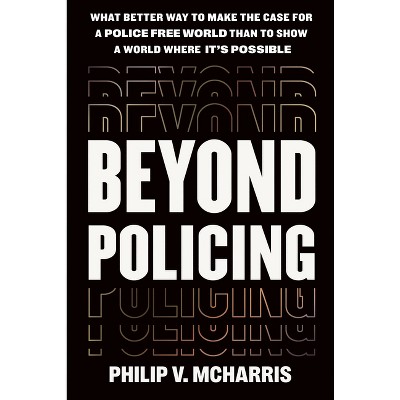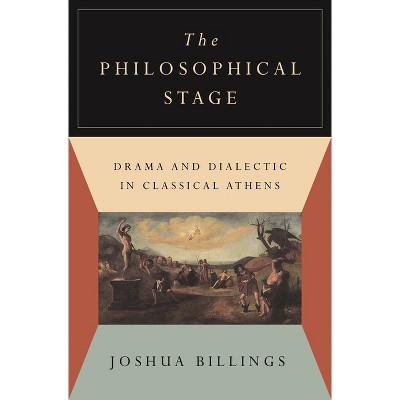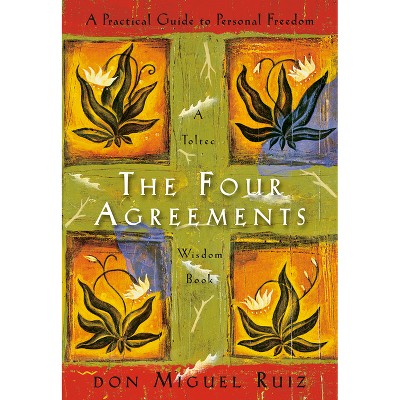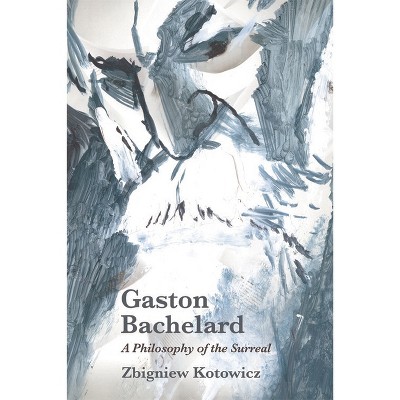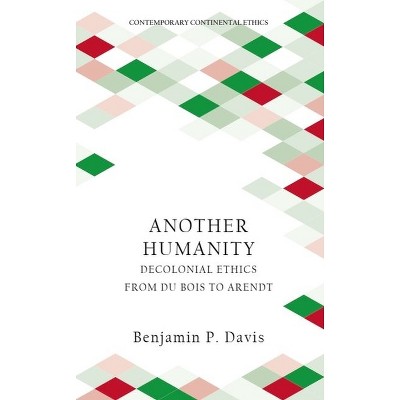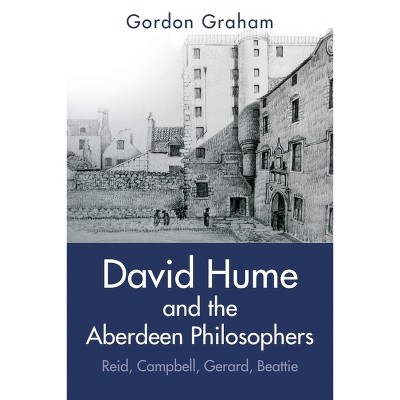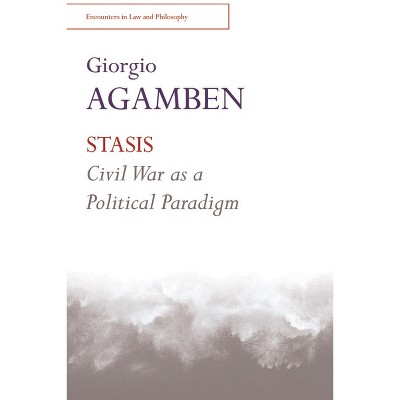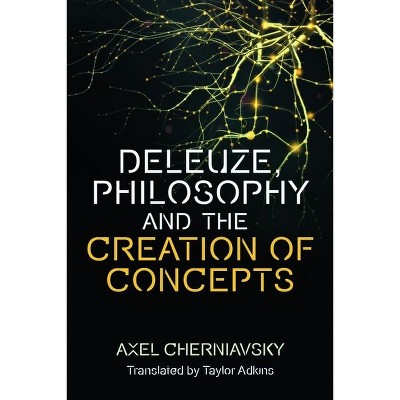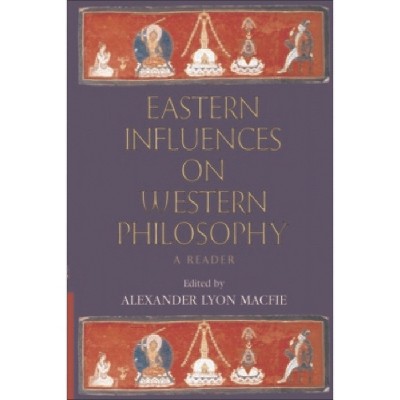Sponsored

A Continental Guide to Philosophy - by John Douglas Macready (Paperback)
In Stock
Sponsored
About this item
Highlights
- What is real?
- About the Author: John Douglas Macready is Professor of Philosophy at Collin College in Plano, Texas.
- 216 Pages
- Philosophy, Epistemology
Description
About the Book
What is real? How can we know what is real? How might we live authentically? These are the three fundamental questions about metaphysics, epistemology, and ethics. John Macready guides you through these questions by reading three pairs of philosophers and texts: Plato and Descartes; Hume and Kant, and Nietzsche and Arendt.
Book Synopsis
What is real? How can we know what is real? How might we live authentically? These are the three fundamental questions about metaphysics, epistemology, and ethics. John Macready guides you through these questions by reading three pairs of philosophers and texts. Part I, Metaphysics: Plato's Sophist and Descartes's Meditations on First Philosophy. Part II, Epistemology: Hume's An Enquiry Concerning Human Understanding and Kant's Prolegomena to Any Future Metaphysics. Part III: Ethics: Nietzsche's 'Schopenhauer as Educator' and Arendt's 'Labor, Work, and Action'. Each chapter introduces you to basic philosophical problems, concepts, and methods of philosophical inquiry. You'll learn how to read and understand these key texts so that you can answer these three questions for yourself.
From the Back Cover
Helps you understand the central debates in the three main branches of Continental philosophy: metaphysics, epistemology and ethics What is real? How can we know what is real? How might we live authentically? These are the three fundamental questions about metaphysics, epistemology and ethics. John Macready guides you through these questions by reading three pairs of philosophers and texts: - Metaphysics: Plato's Sophist and Descartes's Meditations on First Philosophy - Epistemology: Hume's An Enquiry Concerning Human Understanding and Kant's Prolegomena to Any Future Metaphysics - Ethics: Nietzsche's 'Schopenhauer as Educator' and Arendt's 'Labor, Work, and Action' Each chapter introduces you to basic philosophical problems, concepts and methods of philosophical inquiry. You'll learn how to read and understand these key texts so that you can answer these three questions for yourself. - Defines key terms like forms (Plato), substance (Descartes), impressions (Hume), transcendental (Kant), culture (Nietzsche) and action (Arendt) at the beginning of each chapter - Teaches you how to read philosophical texts by introducing you to five elements that can be analysed in every text: question, concept, claims, evidence and implications - Includes chapter summaries, questions for further discussion to help you consolidate your own ideas and a historical timeline to contextualise each philosopher's life and work. John Douglas Macready is Professor of Philosophy in the Philosophy Department at Collin College in Plano, Texas.Review Quotes
A lively, reliable survey of classical philosophical problems from the specific perspective of continental philosophy. Macready's approach is both historical and systematic. Besides examining familiar puzzles about sticks that look bent in water and unpredictable billiard balls, he raises fascinating questions about forged Vermeers, the location of the Statue of Liberty, and milkshakes made of mashed potatoes.-- "Andrew Cutrofello, Loyola University Chicago"
John Macready has written an incredibly accessible guide to Continental Philosophy that will enrich anyone's journey through the western canon. Offering an historically grounded introduction to the three fundamental branches of philosophy--metaphysics, epistemology, and ethics--Macready gives readers something to hold onto as they work their way from Plato to Hannah Arendt. Serving as syllabus and companion, this updated version of a textbook will be indispensable to students and professors alike.-- "Samantha Hill, Bard College"
John Macready's A Continental Guide to Philosophy provides a great service to both teachers and students of philosophy. It is invariably clear, and its format makes it ideal for lecturers teaching intro to philosophy. Most importantly, students will appreciate the way concrete illustrations and concepts are woven together.-- "Brent Adkins, Roanoke College"
This is a true, and truly useful, beginner's guide. It genuinely guides the reader and assumes no background in philosophy. It is evident that Macready is writing from firsthand teaching experience and that he understands what it takes to initiate students into the practice of philosophical thinking.-- "Tom Sparrow, Slippery Rock University"
About the Author
John Douglas Macready is Professor of Philosophy at Collin College in Plano, Texas. His work focuses on critical issues in ethics and social and political philosophy. He is the author of Hannah Arendt and the Fragility of Human Dignity (Lexington Books, 2018).

